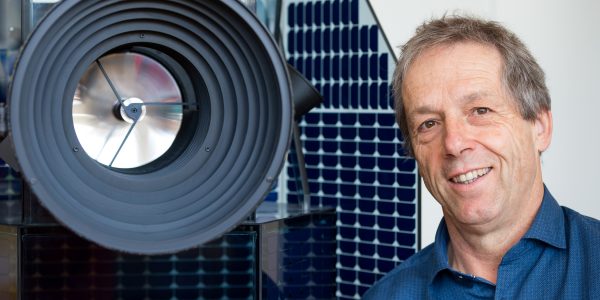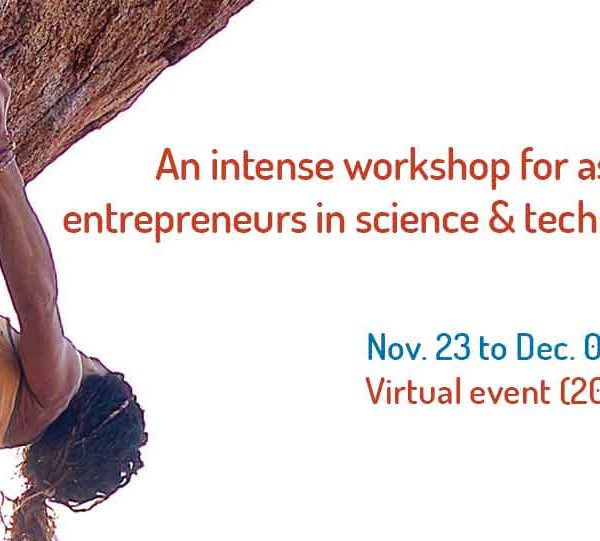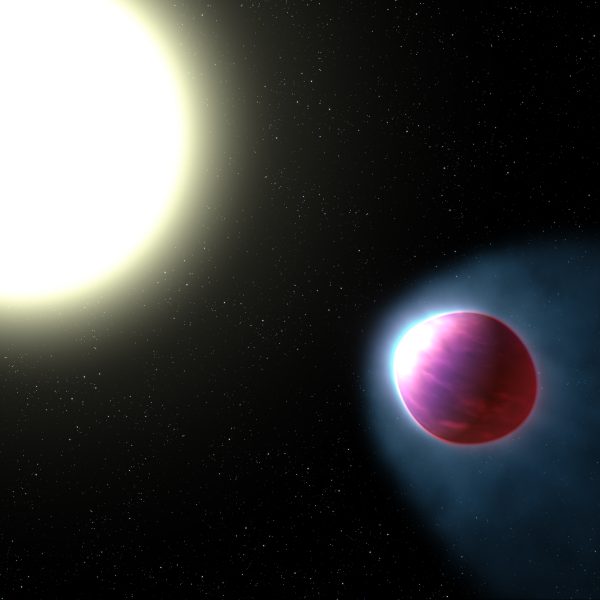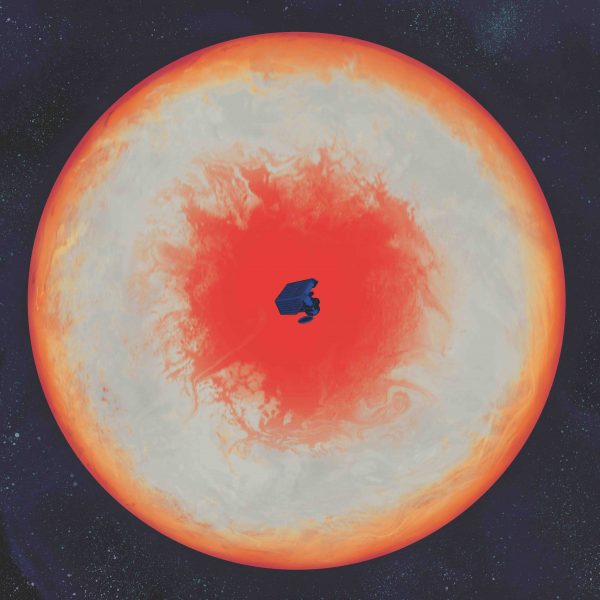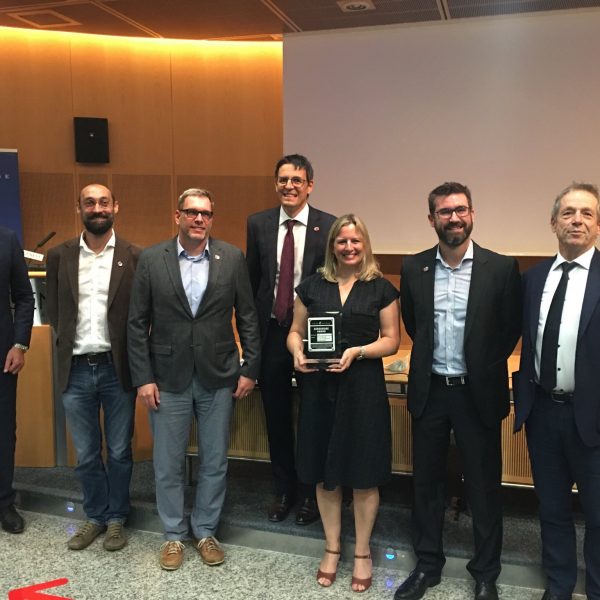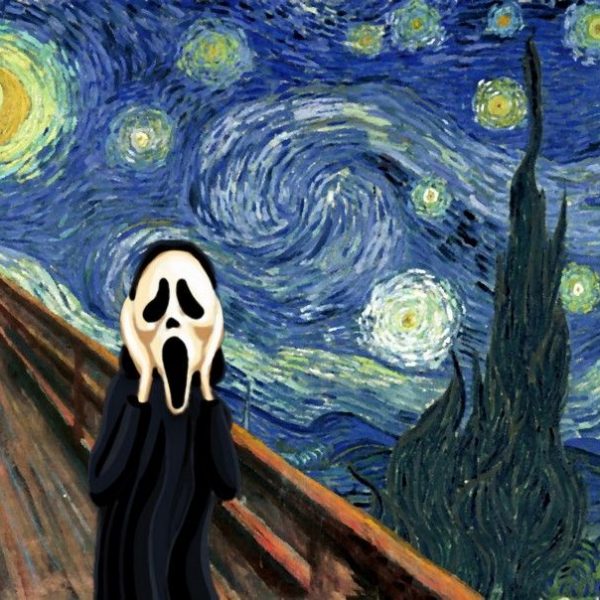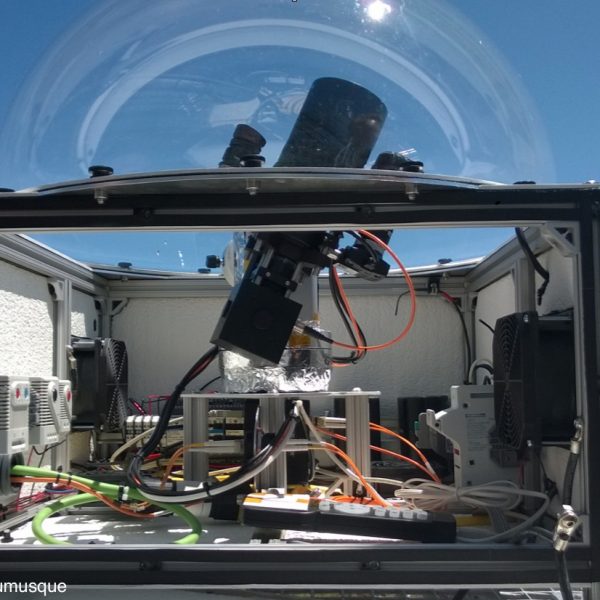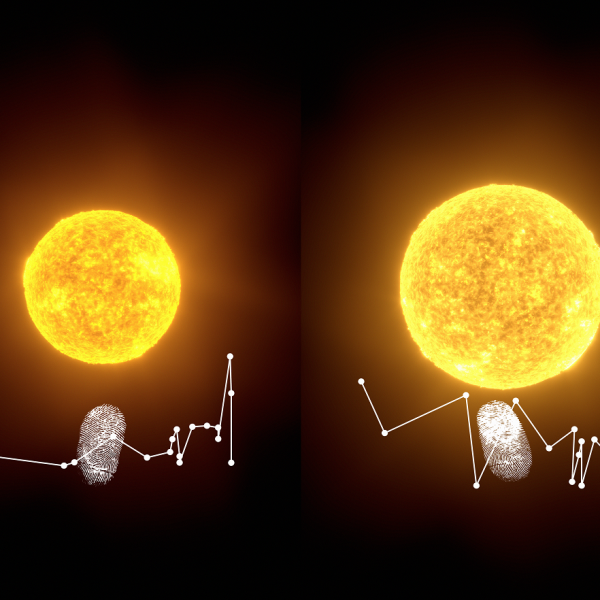News
Editorial
Dear Reader, This is it! For the astronomers involved for many years in the design and building of CHEOPS the real excitement begins. The first scientific results obtained from the data collected by CHEOPS have just been published! Following one of the most extreme exoplanet known (WASP-189b is its name), CHEOPS could detect not only […]
Continue ReadingBench2biz 2020 workshop for aspiring entrepreneurs
The bench2biz* consortium is pleased to announce its next pre-seed workshop which will be held online from November 23 to December 04, 2020, entitling 20 hours spread over two weeks, to host idea champions from all over Switzerland. The workshop targets very early to early high-technology entrepreneurial ideas from all fields and prepares for the […]
Continue Reading“Switzerland is a space nation”
This week, the new COSPAR report is published, providing an overview of Swiss activities in the field of space. Renato Krpoun, head of the Swiss Space Office of the State Secretariat for Education, Research and Innovation SERI, comments on the report and emphasizes the importance of cooperation between science and industry. NCCR PlanetS: Mr. Krpoun, […]
Continue ReadingVaporised metal in the air of an exoplanet
An international team of researchers led by the National Centre of Competence in Research PlanetS of the University of Bern and the University of Geneva studied the atmosphere of the ultra-hot exoplanet WASP-121b. In it, they found a number of gaseous metals. The results are a next step in the search for potentially habitable worlds. […]
Continue ReadingFirst study with CHEOPS data describes one of the most extreme planets in the universe
CHEOPS keeps its promise: Observations with the space telescope reveal details of the exoplanet WASP-189b – one of the most extreme planets known. CHEOPS is a joint mission by the European Space Agency (ESA) and Switzerland, under the aegis of the University of Bern in collaboration with the University of Geneva. Eight months after the […]
Continue ReadingAerosuisse Award for the CHEOPS team
The Aerosuisse 2020 Award was presented to the CHEOPS satellite team at the Aerosuisse Annual General Meeting held at Geneva Airport on September 11 to mark its 100th anniversary. The award recognizes the success of the first CHEOPS mission carried out in partnership between the European Space Agency (ESA) and Switzerland. Under the direction of […]
Continue ReadingArt and space
#InspiredByOtherWorlds, an “Art contest” for all launched by Europlanet This year and for the first time, the European congress dedicated to exoplanets (which took place in Geneva last year) will take place online, as a consequence of the health crisis. On this occasion the Europlanet society (#EPSC2020) invites schools and space enthusiasts of all ages […]
Continue ReadingPhD position – study the atmospheres of exoplanets
An SNSF funded PhD position (4 years duration) is available to study the atmospheres of exoplanets under the guidance of Dr. Graham K.H. Lee at the Center for Space and Habitability (CSH), University of Bern in Switzerland. With the onset of launch of JWST, astronomers are set to revolutionise our understanding of exoplanet atmospheres. Motivated […]
Continue ReadingThree years of HARPS-N solar data to help detecting “Earth 2.0”
In order to better characterize the noise introduced by stars when searching for new exoplanets, five years ago the HARPS-N spectrometer, mounted on the Telescopio Nationale Galileo, was equipped with a small dedicated solar telescope. The data acquired by this telescope during the first three years of observations – collected every five minutes on all […]
Continue ReadingStars with planets show no special fingerprint
With the participation of the NCCR PlanetS, an international team of scientists has determined the chemical composition of 84 stars with great precision. Contrary to popular scientific theory, their results show that there seem to be no clear chemical differences between stars with and without planets. For 25 years it has been known planets orbit […]
Continue Reading
